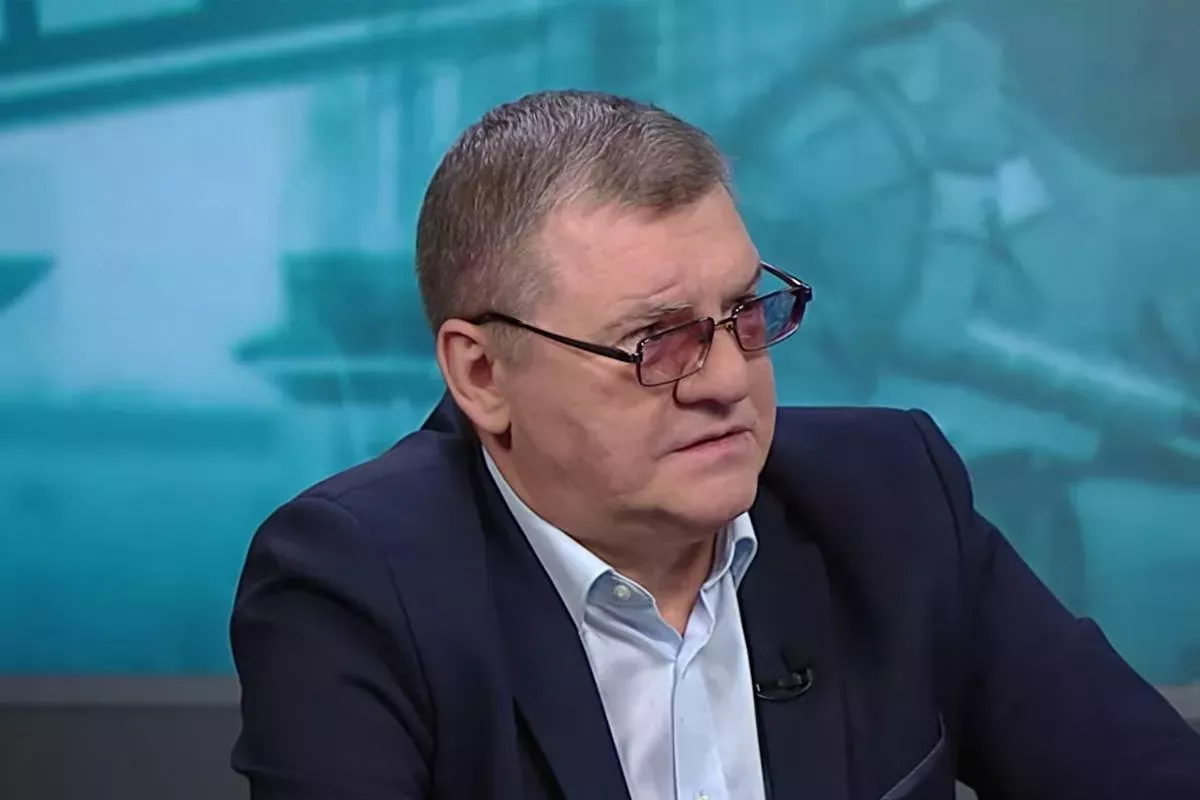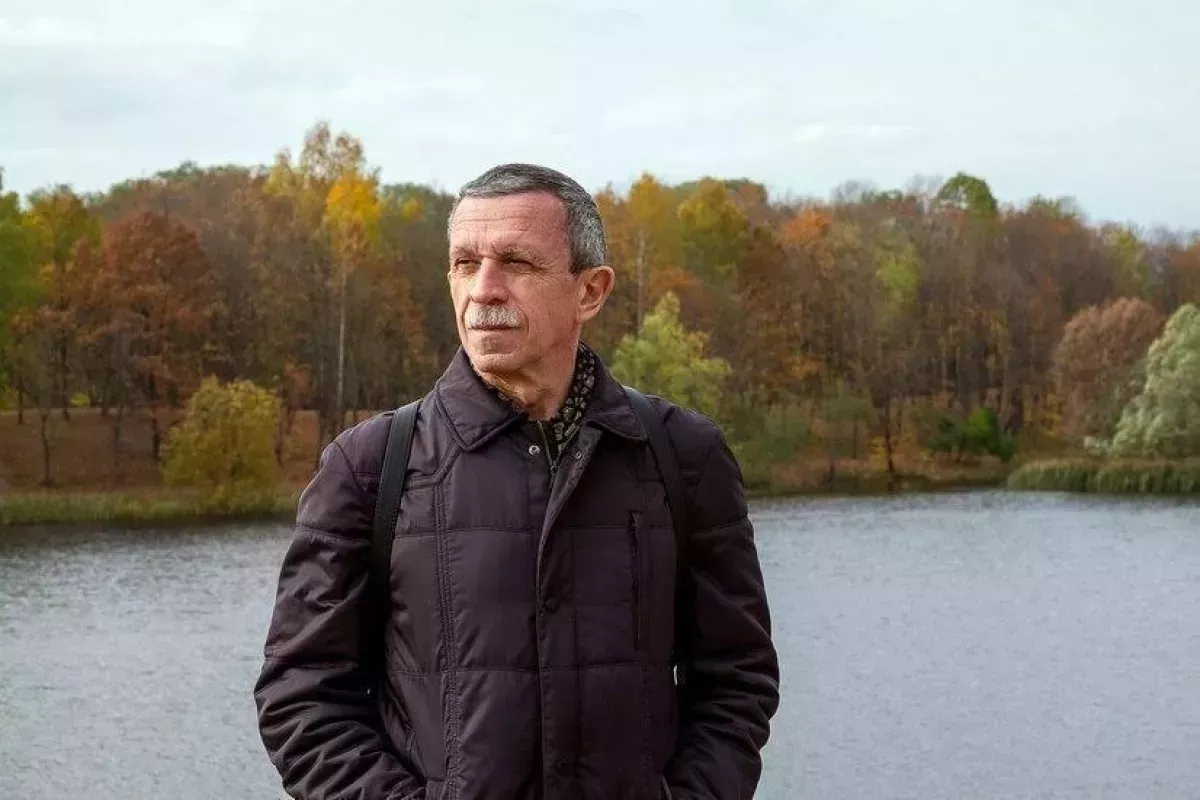Armenia’s military provocations in Lachin mark intention to escalate regional tensions Experts raise concerns over Yerevan’s revanchist moves
Recent reports from Azerbaijan’s Defence Ministry reveal multiple instances of gunfire directed at Azerbaijani Army positions in the Lachin district by Armenian forces over the past few days. What’s behind this sudden uptick in tensions? Could Armenian Prime Minister Nikol Pashinyan be attempting to prove his commitment to revenge — not just with rhetoric but with action? Caliber.Az has long cautioned that Pashinyan’s administration may be laying the groundwork for a short, decisive military campaign aimed at seizing a sliver of Azerbaijan’s border territory. Such a manoeuvre could bolster Pashinyan’s domestic approval by portraying him as a strong leader willing to "defend Armenia’s interests" through force.
To shed light on this unfolding situation, Caliber.Az reached out to foreign political analysts for their take on Yerevan’s provocative actions.

Belarusian military expert, reserve colonel, and professor at the Academy of Military Sciences of the Russian Federation, Alexander Tikhansky, has raised alarms over Armenia’s recent actions, warning that without decisive steps from the international community, the situation could quickly spiral out of control. He argues that Armenia’s ongoing violations of the ceasefire reflect its disregard for peaceful resolution efforts.
“Such actions not only threaten Azerbaijan's security but also create risks for the entire region, including the civilian population, which has already suffered from previous escalations,” Tikhansky stated. He further highlighted that Armenian-Azerbaijani relations are currently marked by “deep mistrust, lack of normalization, and continued tension, despite several attempts at dialogue and mediation by the international community.” According to Tikhansky, Armenia’s leadership is deliberately intensifying the military-political situation along the border to avoid addressing the deeper issues that could lead to lasting peace.
“It is obvious that by aggravating the military-political situation on the border, the ruling circles of Armenia are trying to avoid addressing the conceptual issues leading to lasting peace in the region. This is, first of all, the refusal to edit the constitution, which even today contains the main conflict potential,” he noted. As a result, Tikhansky explained, there are “periodic clashes and incidents, which testifies to the fragility of peace.”
The expert also emphasized the unresolved humanitarian issues, blaming Armenia’s passive stance for their persistence. He pointed to the slow and uneven process of demining in liberated territories, as well as the ongoing uncertainties surrounding those missing during the wars.
“Another aggravating moment is propaganda and information warfare. Indeed, Armenia actively uses information technologies to shape public opinion both at home and abroad, often spreading propaganda and disinformation. This exacerbates tensions and makes it difficult to find compromise solutions, and the position of the victim is constantly being flaunted in the media of the republic and abroad,” Tikhansky said.
Finally, he warned that Armenia’s military buildup along the border is contributing to the escalation of provocations and pushing back the chances for a peaceful, long-term resolution. “It is quite obvious that the build-up of Armenia's army group along the border contributes to the escalation of armed provocations and pushes back the opportunities for compromise to achieve a long-term and sustainable solution to the conflict,” Tikhansky concluded.

Russian political scientist and publicist Kirill Sitnikov has expressed serious concern over the future of peace in the South Caucasus, suggesting that Armenia’s recent actions are clearly aimed at escalating tensions in the region.
“Armenia's active cooperation with France, signing a military treaty with Paris at the end of last year – this is clearly not for nothing,” Sitnikov observed. “It is clear that Armenia is thus trying to kill several birds with one stone at once: to show Baku some semblance of its muscles, and also to diversify military cooperation with Russia as soon as possible.” He added that while these actions may be seen by Moscow as an irritation, for Baku, they are a significant cause for concern.
Sitnikov further pointed out that Armenia’s decision to begin the new year with military provocations on the border — rather than engaging in peace talks with Azerbaijan — does not bode well. “It is quite obvious that Armenia's border is now guarded by the most diverse armed structures, including some volunteer units, in fact, not regular military personnel, but remnants of the same separatists,” he explained.
“Yerevan will not be able to write off the shelling now simply on the account of some desperate rogues, especially if Baku asks specific questions,” Sitnikov concluded, emphasizing the seriousness of the situation and the growing risk of further escalation.








